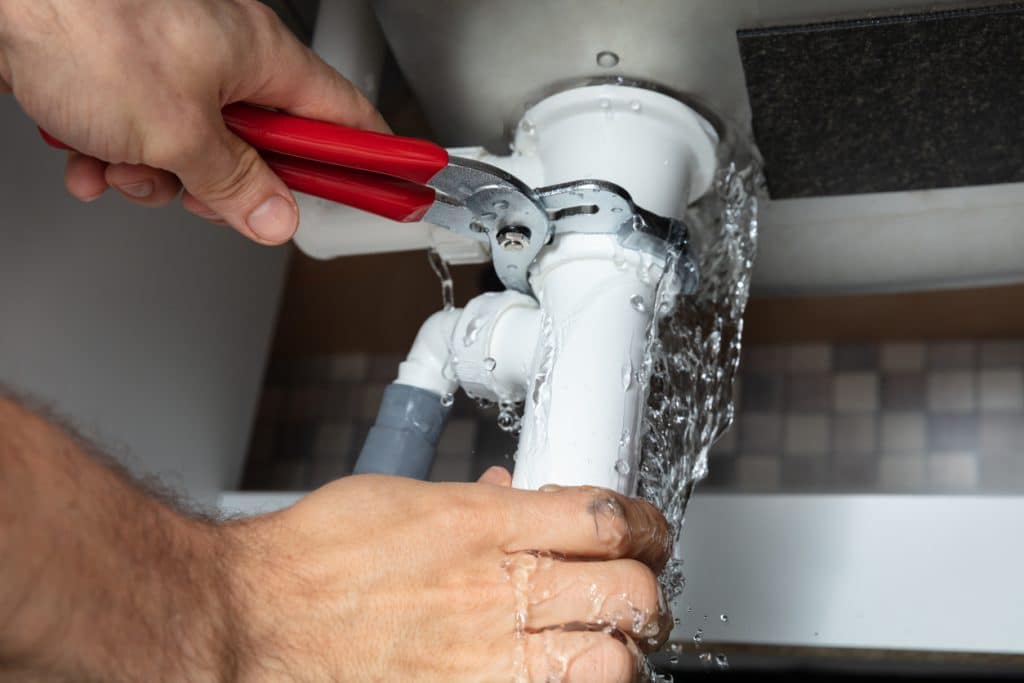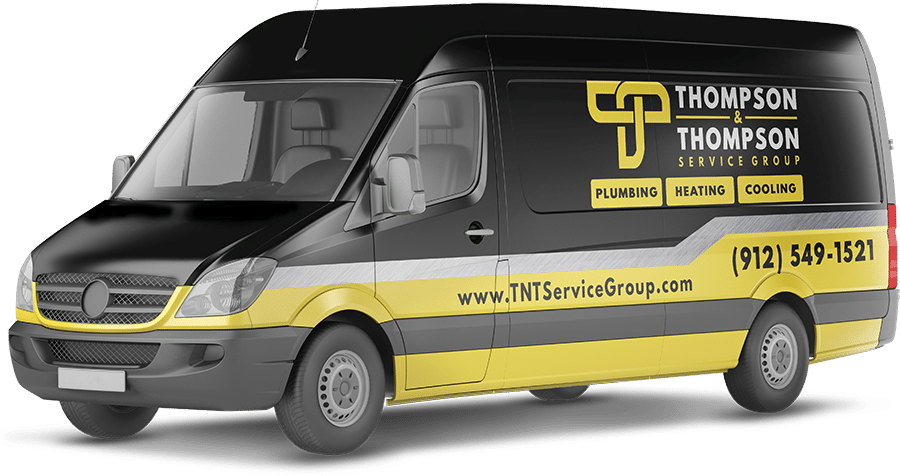Maintaining functional plumbing in a home or company is crucial for the smooth operation of a home or business. The plumbing system supplies and removes water from a building via a network of pipes, fittings, valves, and fixtures. Providing clean water, waste disposal, and upkeep of sanitary conditions all relies on plumbing systems. If you want to be able to spot and fix plumbing problems quickly, you need to know the basics. The following are some fundamentals of plumbing that everyone should know.
1. Understanding Water Shut-Off Valves
Valves that turn off the water supply are integral to every plumbing system. Valves control the water flow throughout the home and are installed close to the main water supply line. You can use these valves in an emergency or during routine plumbing maintenance to turn off the water supply.
Knowing the location and operation of the water shut-off valves can save you time, money, and potential water damage in a plumbing emergency. Valve maintenance entails routine checks for wear and tear and replacing broken or malfunctioning parts.
2. Water Pressure
The water pressure in your home is the force of the water as it moves through the pipes and faucets. P.S.I. (psi) is the unit of measurement. A water pressure between 40 and 60 psi indicates a well-maintained plumbing system. When water pressure is low, using showers and sinks might be challenging. Water can shoot out of faucets and cause damage if the water pressure is too high.
3. Drainage
The purpose of a drainage system is to collect and transport liquid waste from a building. It is an important part of any plumbing system because it keeps water from building up and posing health or structural problems. Sinks, toilets, and showers are some of the outputs of a drainage system’s plumbing, which typically consists of several pipes connecting to a main drain line.
The main drain line connects a wastewater treatment plant to the pipes. Installing drainage systems is important for many reasons, including preventing floods and other water-related damage to houses. Drainage system professionals can help spot dangers and head off problems before they become disasters.
4. Pipe Materials Used in Plumbing
Many plumbing pipe materials and designs have their own set of pros and cons. Copper pipes are the material of choice for most home plumbing systems because of their longevity, resistance to corrosion, and ease of installation. PEX and CPVC pipes are often used for water lines that run through areas with cold temperatures because of their resistance to freezing and breaking. Knowing the different kinds of pipes used in plumbing will help you make a more educated choice when it comes time to replace or repair pipes.
5. Essential Plumbing Tools
Tools used in plumbing include those used for installation, maintenance, and repair. Plungers and augers are common household appliances for clearing clogged drains and flushing toilets. Plumbers use tools such as air blowers, sewer snakes, and water jetters to do their jobs. Knowing when to hire a professional plumber and how to use the most fundamental plumbing instruments allows you to handle various plumbing issues.
6. Hiring a Professional Plumber
Skilled plumbers can quickly and accurately identify the source of plumbing problems and make the necessary repairs. They also have access to specialized tools and equipment that make plumbing repairs quicker. Having a licensed plumber care for your plumbing system and other jobs gives you peace of mind.
Finding the right plumber can be much easier if you know what questions to ask before hiring one. Please inquire about the plumber’s experience level, the scope of their coverage, and the duration of their insurance policy. You may verify a plumber’s competence, expertise, dependability, and trustworthiness by asking them these questions.
Having regular maintenance and repairs is important to ensure your plumbing system is functioning properly. Contact TNT Drains in Savannah, GA, for all your plumbing requirements from simple repairs to drain cleaning and emergency services.






